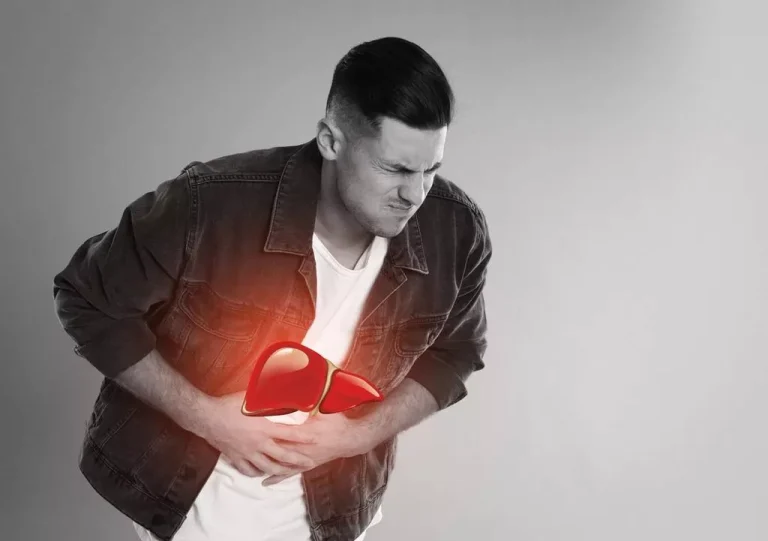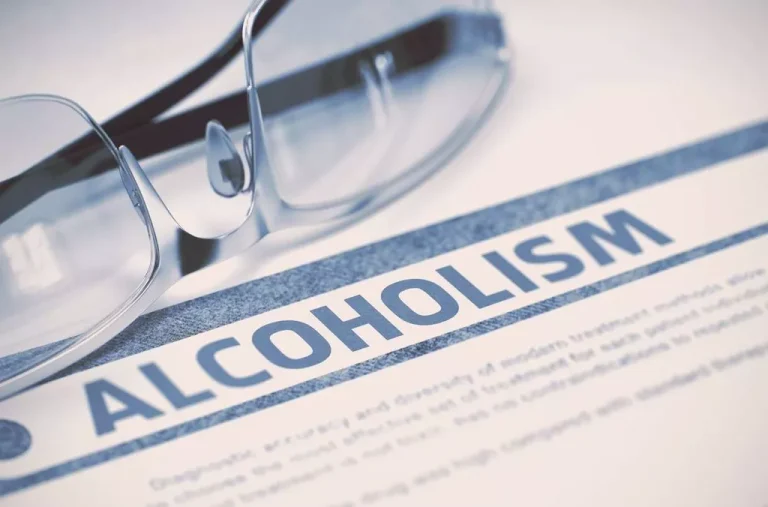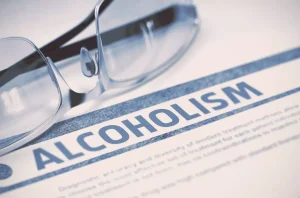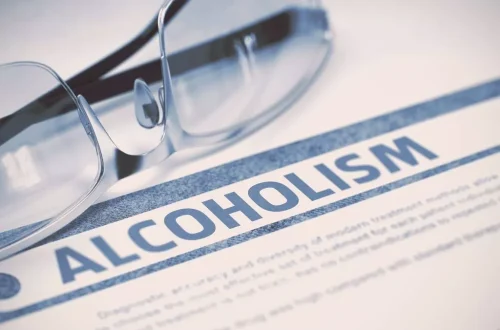
Relapse into alcoholism is less likely if you attend rehab, dedicate yourself to a recovery plan and avoid becoming overconfident in your ability to prevent relapse. With further treatment and dedication, you can maintain sobriety. Medication can be used in various ways to aid in the treatment of SUDs. First, they can be used to treat the cravings and withdrawal symptoms that can accompany SUDs.

What Does It Mean To Have a Substance Abuse Problem?
Relapse can occur very soon after attempting sobriety, or after several years of sustained sobriety. A 2006 study published in the journal Addiction found that 62 percent of people treated for alcoholism through alcohol rehab or Alcoholics Anonymous maintained recovery after three years. About 43 percent of people who did not receive any form of treatment maintained sobriety. Relapse is usually triggered by a person, place or thing that reminds a person of alcohol. When the brain processes the memory, it causes cravings for the substance.
Addictions We Treat
Therapy, counseling, and support groups are all great resources to help you on your path to recovery, offering essential tools and resources needed to maintain sobriety. Recognizing and addressing these common relapse triggers allows for proactive management, thus reducing the likelihood of reverting to substance use. A relapse can be a one-off event or even a short-term situation, but it is a part of your recovery. Most, if not all, people who have relapsed will say that during each relapse they learn something about themselves. Each time you come back to active recovery, you implement what you have learned to continue on your recovery journey.
How does treatment help in reducing the risk of relapse?
While the process may take several years, the outcome is a happier, healthier life where you have the freedom to fulfill your full potential. Recovery from alcohol addiction Alcohol Relapse generally follows the stages of abstinence, withdrawal, repair, and growth. However, relapse can be an opportunity to reset, develop clear needs and goals, and continue. Refocusing on recovery and further relapse prevention with a care team is crucial. Once this happens, it may not be easy to control behavior or stop using. Focusing on emotional wellness each day reduces restlessness, irritability, and discontent, which can build up over time and lead to relapse.

Contact a treatment provider to discuss your available rehab options. Many times, thoughts of relapse or changes in lifestyles occur well before the incident. While there might have been one incident that pushed an individual to relapse, it’s possible risk factors had been there for a while.

How to help someone who has relapsed
Today’s guide outlines the relapse process, giving you the confidence to know what do you do when an alcoholic relapses. Neither relapse nor recovery are single time-limited events, but rather an ongoing process that might not always be linear. A third FDA-approved medication to treat alcohol dependence (disulfiram; Antabuse®) targets alcohol metabolism. Naomi Carr is a qualified mental health nurse with several years of experience working with children and adults in the UK.
- Taking these steps can help make their long-term recovery a reality.
- On the other hand, someone may experience cravings while feeling low or sad.
- Rehab insurance is a type of health insurance that covers the cost of addiction treatment, including inpatient and outpatient rehab programs, counseling sessions, and medication-assisted treatment.
- Some relapses start with lapses that become more prolonged or frequent until the individual returns to uncontrolled substance use.
Mitch’s Story of Overcoming Chronic Relapses
- That’s about the same as relapse rates among people with asthma or high blood pressure if they stop taking their medicine.
- At this stage, working toward avoiding triggers or high-risk situations in which relapse could occur is critical.
- Yet, preventing a relapse isn’t always possible, regardless of the treatment you received and techniques you applied.
- Therefore, a key aspect of recovery is identifying potential triggers and risk factors and avoiding them as much as possible.
It simply highlights that recovery is a =https://ecosoberhouse.com/ continuous and non-linear process. What’s most important is to get back on track as soon as you can. During recovery, there can be many signs of a potential relapse before the individual actually begins using again.
Stay in a Sober Living Home After Rehab
- Physical pain, whether it be chronic pain or pain from an injury or physical illness, can be a powerful relapse trigger if you’re not adequately prepared to manage it.
- Major life changes, like moving to a new city, beginning a new job, getting married, or experiencing the loss of a loved one, can have a powerful effect on relapse rates for those struggling with addiction.
- To avoid relapse after a slip, many people attend support group meetings or therapy sessions.
- By proactively addressing emotional turmoil, you can maintain your sobriety and continue on your recovery journey.
- But by the time you’re looking at a can of beer or a bottle of liquor, you’re in the last and most difficult stage of a relapse.
As the loved one of someone in recovery, there are ways you can help preserve their recovery and prevent a relapse. With a slip-up, you might have a drink, but you quickly realize it’s the wrong path for you, and it doesn’t go further. With a relapse, the situation can become dire because of the shame and guilt, particularly if it’s not dealt with early on.
Paying for Treatment
As with other chronic diseases, alcohol use disorder has treatment options and can be managed. It’s how you respond to these triggers that are the determining factor to experiencing a relapse or not.7 Having a strong support system and a well thought out relapse prevention plan can help you positively Substance abuse cope and can significantly decrease the probability of a relapse. It can begin with an emotional relapse, followed by mental and then physical relapses. Awareness of thoughts, feelings, and behaviors can be indicators of where someone is and what they may need regarding recovery. Read more to learn about types and stages of relapse in addiction, as well as relapse prevention strategies. Write out both your recovery plan and your relapse prevention plan.

